Troika to propose "neutral status"
The international mediating Troika will present a new proposal of neutral status at the next round of Kosovo talks.
Wednesday, 14.11.2007.
16:35

The international mediating Troika will present a new proposal of neutral status at the next round of Kosovo talks. According to Voice of America’s Albanian language service, the mediating Troika’s EU representative Wolfgang Ischinger told reporters in Washington that the aim of the proposal was to “normalize relations“ between Pristina and Belgrade. Troika to propose "neutral status" He expressed the belief that the new proposal could open the door for an agreement that “would normalize relations between Serbia and Kosovo, without containing a single word on status.“ “The agreement on ’neutral status’ will be an offer to both sides to form relations independently of any decision today or tomorrow on Kosovo’s status,“ Ischinger said. The diplomat said that the details of the offer had yet to be elaborated, adding that it would be an agreement on cooperation and consultations on a certain number of aspects, including areas such as the economy, trade and crime prevention. Kosovo will be set certain tasks such as, for example, having to consult with Serbia over minority issues and joint borders, which are in both sides’ interests, he said. “I think it would be in Serbia’s interests, particularly the Kosovo Serbs’, to assume responsibility for their own well-being from Kosovo officials,“ Ischinger said. “That’s just one example, but I think that there are common interests that can be satisfied through such an agreement on neutral status,“ the diplomat stated. “What this agreement cannot settle is the dispute over status. But, we’ll see how the two sides react to the proposal,“ he added. Ischinger said that mediating between Pristina and Belgrade was a difficult process and that so far all proposals had been rejected. “As a Troika, our job, together with the parties concerned, with Serbia and the Kosovo Albanians, is to consider every possible alternative,“ the diplomat stressed. “If the Hong Kong model, as it’s been called is acceptable to both sides, then okay. Unfortunately, all the interesting proposals so far have been rejected by one side or the other, which is very disheartening for us as negotiators,“ he said. The Troika-mediated talks will end with the submission of their final report to the UN Secretary-General on December 10. The Contact Group Troika (FoNet, archive) Samardzic: Kosovo cannot be "neutral" towards Serbia Kosovo Minister Slobodan Samardzic, reacting to news that the Contact Group Troika would be putting forward a proposal on "neutral status" for Kosovo at the next round of talks in Brussels, warned today that the province could not have neutral status as far as Serbia was concerned, because it was an integral and inalienable part of its territory. "Ischinger's idea of neutral status for Kosovo is based on the 1972 agreement between two independent German states, and this idea is directly contrary to UN Security Council Resolution 1244," Samardzic stressed in an interview with Tanjug. "It is very important that functional ties are speedily established between Serbia and Kosovo, and this means, first and foremost, confirming its status of essential autonomy within Serbia," Samardzic explained. He added that this was why, at the November 20 talks in Brussels, the state negotiating team would stress that essential autonomies functioned very effectively in the world today.
Troika to propose "neutral status"
He expressed the belief that the new proposal could open the door for an agreement that “would normalize relations between Serbia and Kosovo, without containing a single word on status.““The agreement on ’neutral status’ will be an offer to both sides to form relations independently of any decision today or tomorrow on Kosovo’s status,“ Ischinger said.
The diplomat said that the details of the offer had yet to be elaborated, adding that it would be an agreement on cooperation and consultations on a certain number of aspects, including areas such as the economy, trade and crime prevention.
Kosovo will be set certain tasks such as, for example, having to consult with Serbia over minority issues and joint borders, which are in both sides’ interests, he said.
“I think it would be in Serbia’s interests, particularly the Kosovo Serbs’, to assume responsibility for their own well-being from Kosovo officials,“ Ischinger said.
“That’s just one example, but I think that there are common interests that can be satisfied through such an agreement on neutral status,“ the diplomat stated.
“What this agreement cannot settle is the dispute over status. But, we’ll see how the two sides react to the proposal,“ he added.
Ischinger said that mediating between Priština and Belgrade was a difficult process and that so far all proposals had been rejected.
“As a Troika, our job, together with the parties concerned, with Serbia and the Kosovo Albanians, is to consider every possible alternative,“ the diplomat stressed.
“If the Hong Kong model, as it’s been called is acceptable to both sides, then okay. Unfortunately, all the interesting proposals so far have been rejected by one side or the other, which is very disheartening for us as negotiators,“ he said.
The Troika-mediated talks will end with the submission of their final report to the UN Secretary-General on December 10.
Samardžić: Kosovo cannot be "neutral" towards Serbia
Kosovo Minister Slobodan Samardžić, reacting to news that the Contact Group Troika would be putting forward a proposal on "neutral status" for Kosovo at the next round of talks in Brussels, warned today that the province could not have neutral status as far as Serbia was concerned, because it was an integral and inalienable part of its territory."Ischinger's idea of neutral status for Kosovo is based on the 1972 agreement between two independent German states, and this idea is directly contrary to UN Security Council Resolution 1244," Samardžić stressed in an interview with Tanjug.
"It is very important that functional ties are speedily established between Serbia and Kosovo, and this means, first and foremost, confirming its status of essential autonomy within Serbia," Samardžić explained.
He added that this was why, at the November 20 talks in Brussels, the state negotiating team would stress that essential autonomies functioned very effectively in the world today.











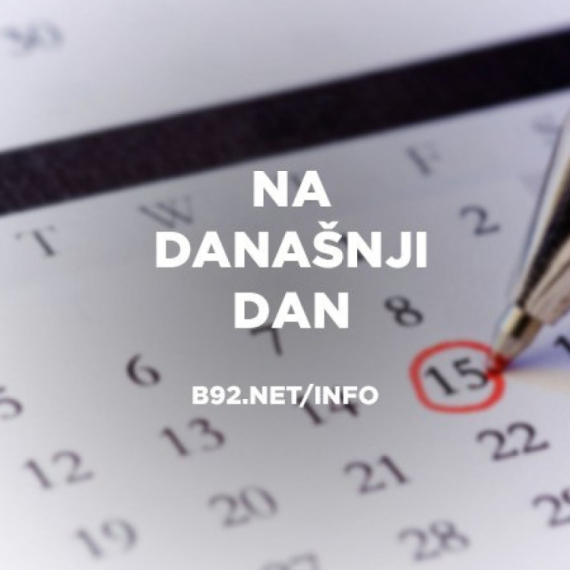


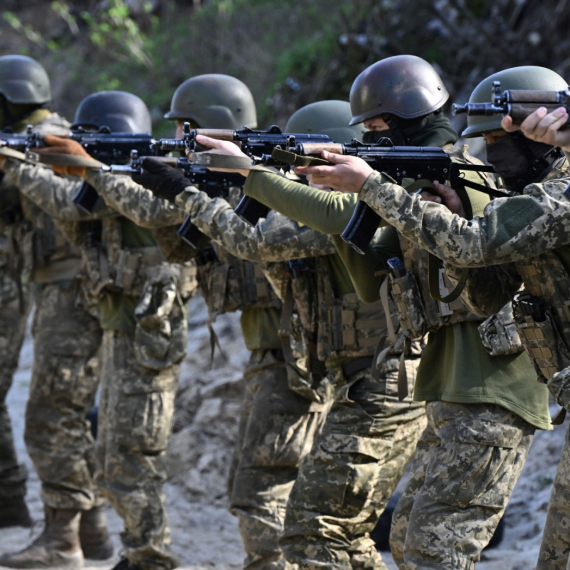
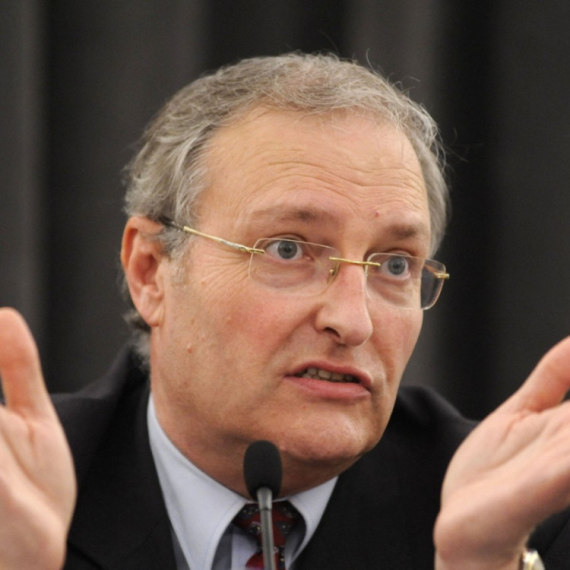
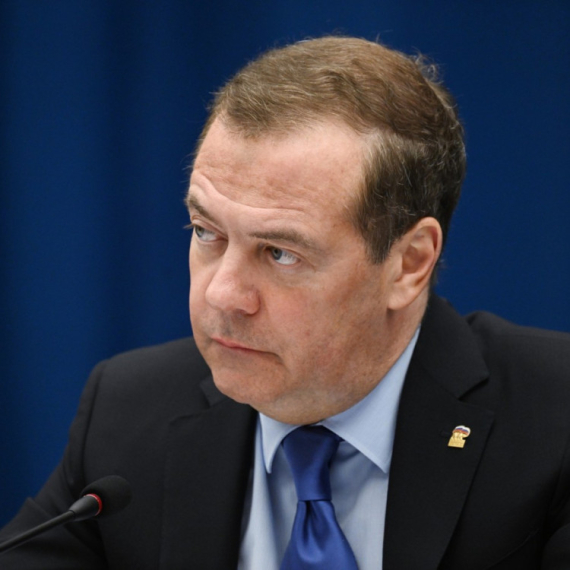
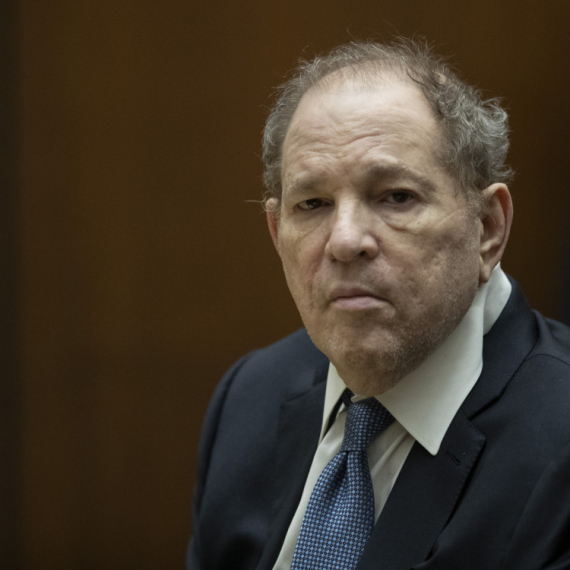
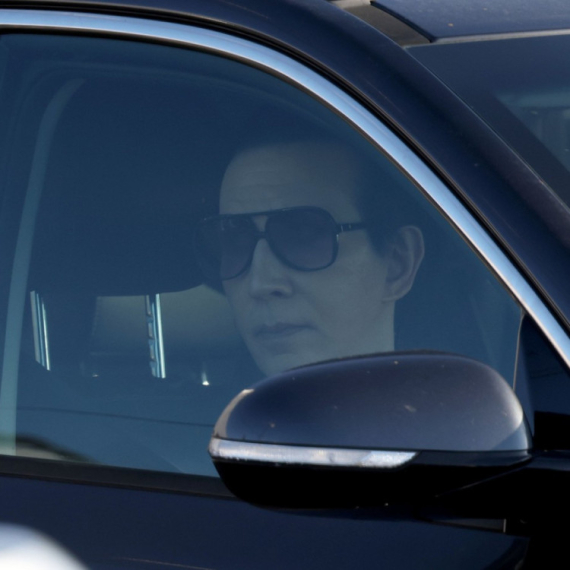


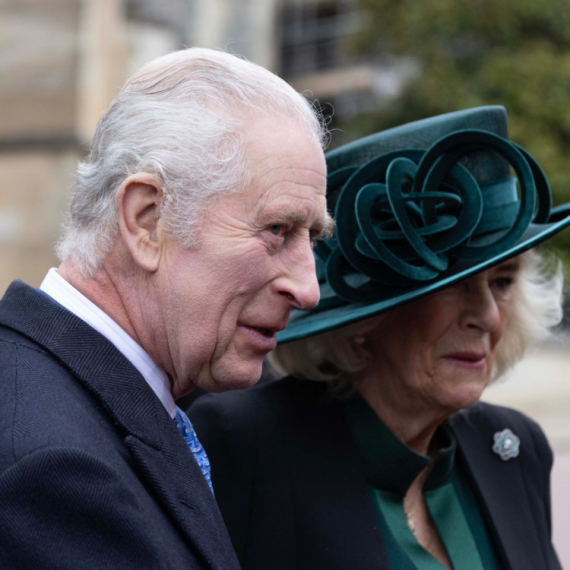






























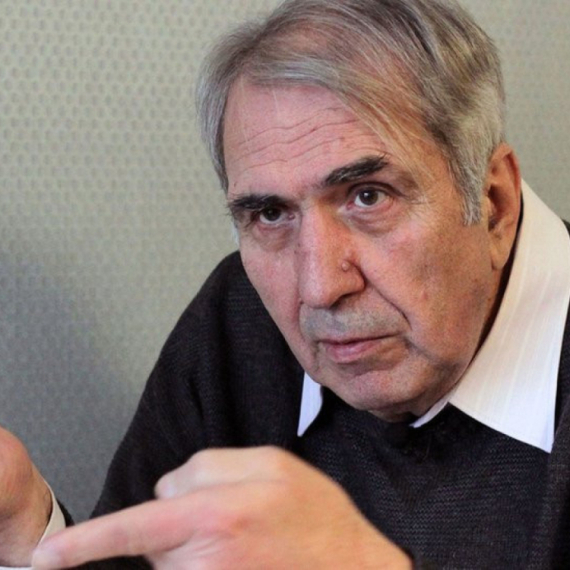
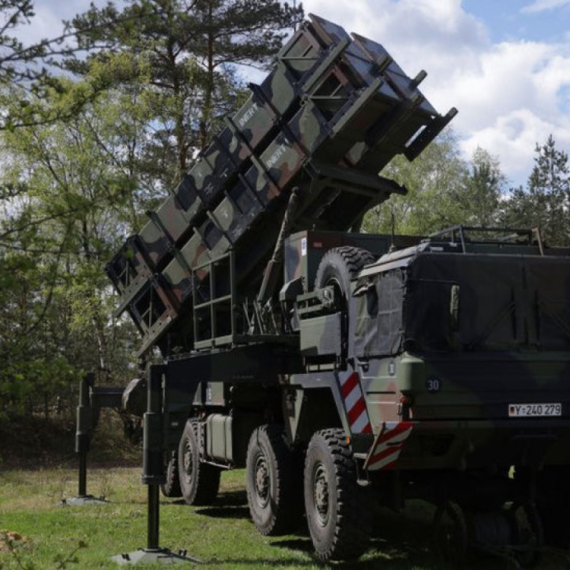

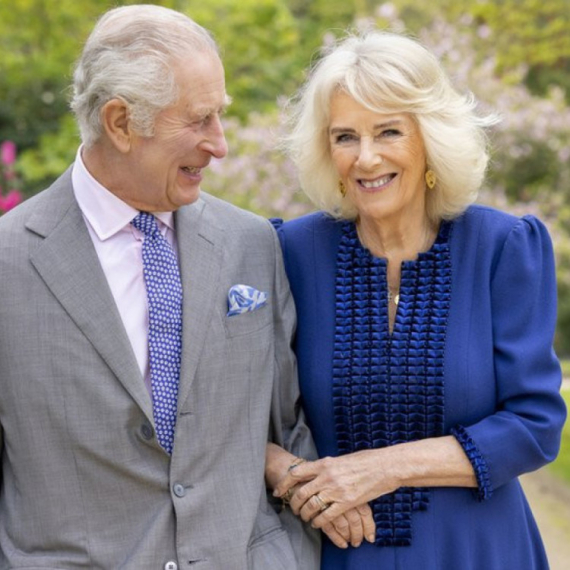


Komentari 24
Pogledaj komentare